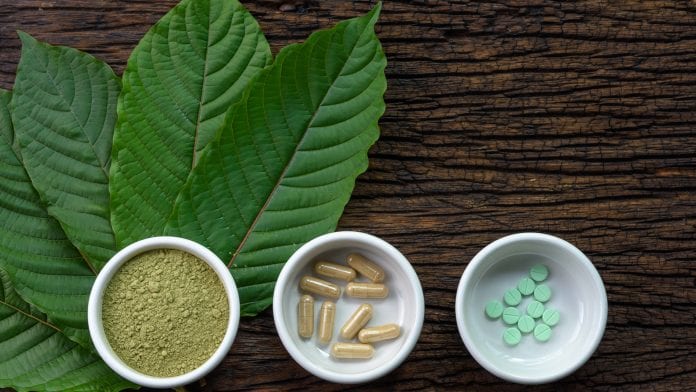
While there is a perception that kratom is safe as a treatment for chronic or acute pain, a variety of serious medical outcomes as well as 11 deaths have occurred from kratom effects.
According to a new study conducted by the Centre for Injury Research and Policy and the Central Ohio Poison Centre at Nationwide Children’s Hospital, USA, there has been an increase in calls to US Poison Control Centres for kratom effects and exposure.
What do you know about Kratom?
Over the years, kratom has become popular as a treatment for chronic or acute pain as well as mood conditions such as depression and anxiety. It is also often used to help with opioid withdrawal.
While there is a perception that kratom is safe because it is categorised as an herbal supplement, a variety of serious medical outcomes as well as 11 deaths have occurred following kratom use.
The study found that there were more than 1,800 calls to U.S. Poison Control Centres regarding exposures to kratom from January 2011 through December 2017.
The annual number of calls increased dramatically, going from 13 calls in 2011 to 682 calls in 2017.
This is the equivalent of going from roughly one call a month to almost two calls a day.
Details of the study
Published in the journal Clinical Toxicology, overall, 32% of the calls resulted in admission to a healthcare facility and 52% resulted in serious medical outcomes, especially among teenagers and adults.
Taking kratom with another substance increased the odds of admission to a health care facility (OR 2.80) and of having a serious medical outcome (OR 2.25).
The medical effects noted in this study ranged from tachycardia (rapid heartbeat), agitation/irritability, and hypertension (high blood pressure) to seizures, coma (loss of consciousness), increased bilirubin, renal (kidney) failure, and death.
Henry Spiller, MS, DABAT, co-author of this study and director of the Central Ohio Poison Center at Nationwide Children’s Hospital., explains: “Kratom use has been associated with a variety of serious medical outcomes, from seizures and coma in adults to severe withdrawal syndrome in newborns.”
“Individuals who choose to use kratom need to be aware of the potential risks. Just because it is currently classified as an herbal supplement does not mean it is regulated or that it is safe.”
A drug of concern
Kratom is listed by the Drug Enforcement Administration (DEA) as a “drug of concern” and has not been approved for any medical use by the Food and Drug Administration (FDA).
As it is not currently regulated, product quality, purity, and concentration vary dramatically. The researchers are calling for FDA regulation to ensure product uniformity.
Among the 48 kratom exposures that involved children age 12 years and younger, 69% were children younger than two years, including seven new-borns, five of whom were experiencing withdrawal.
“As physicians, we need to educate pregnant women on the risks of kratom use during pregnancy and while breastfeeding.” adds Spiller.

























